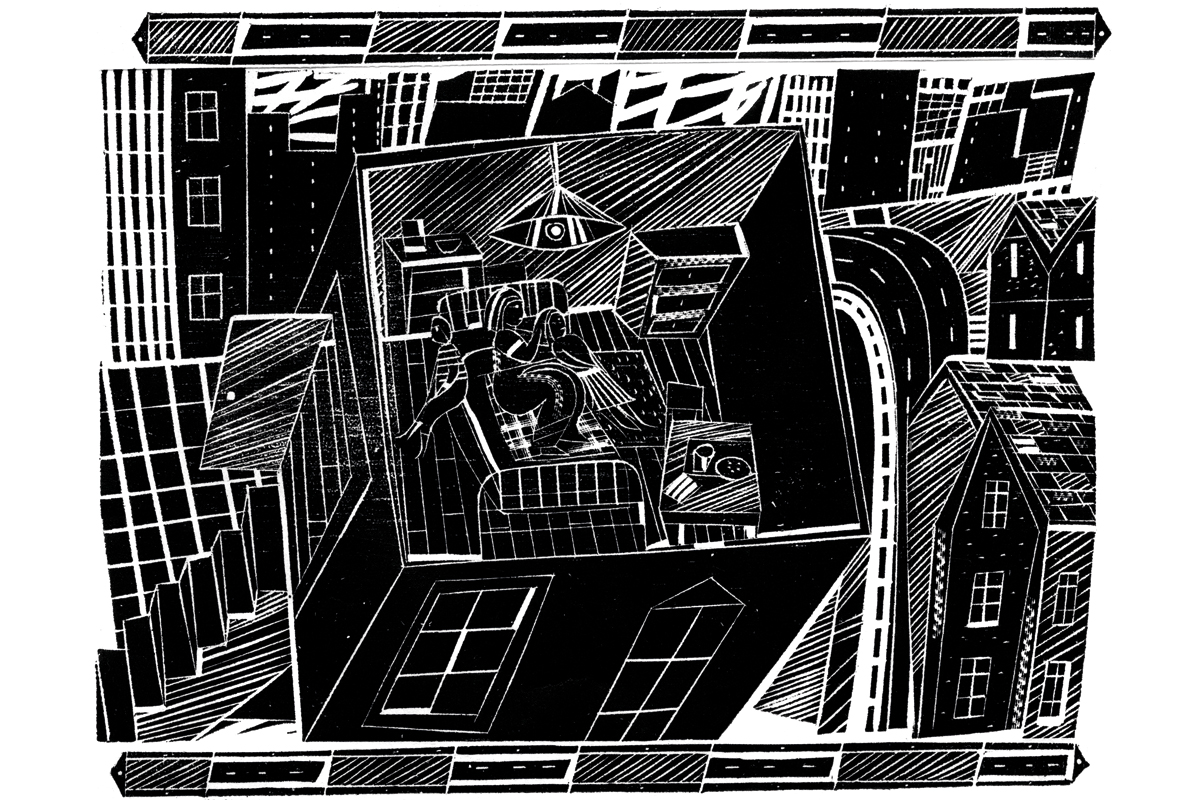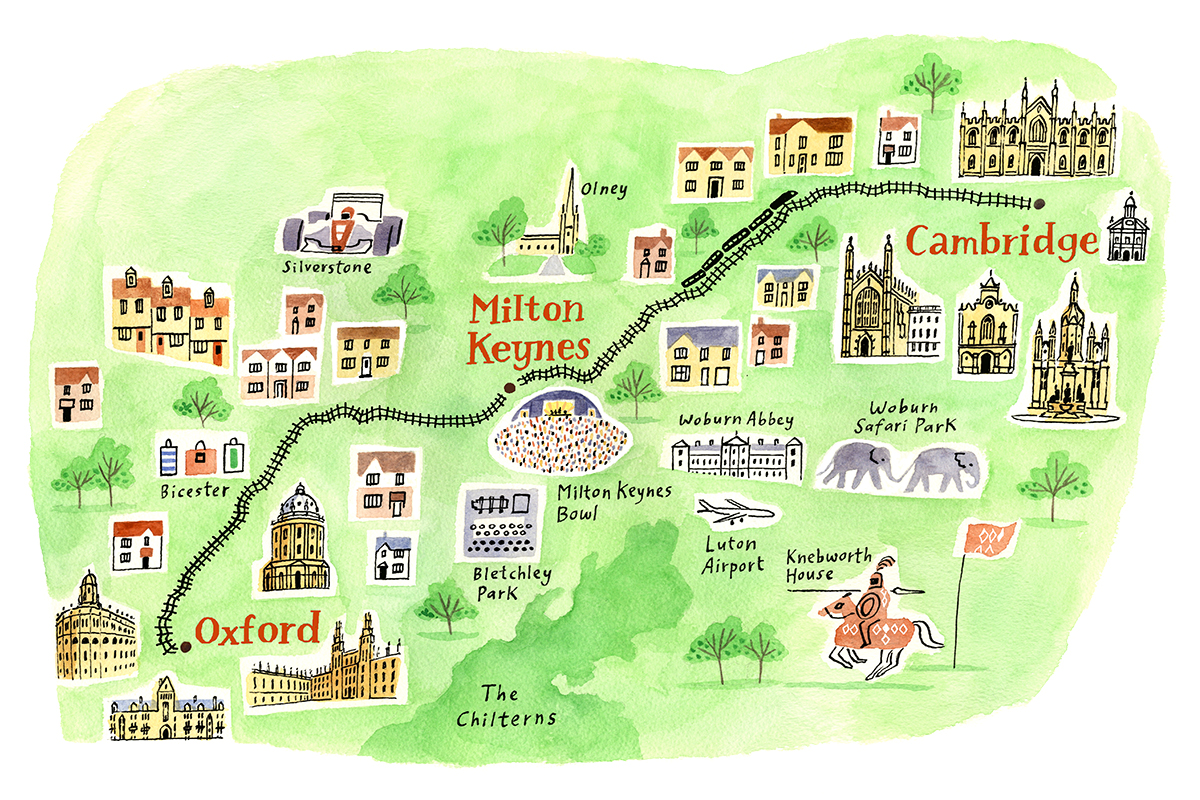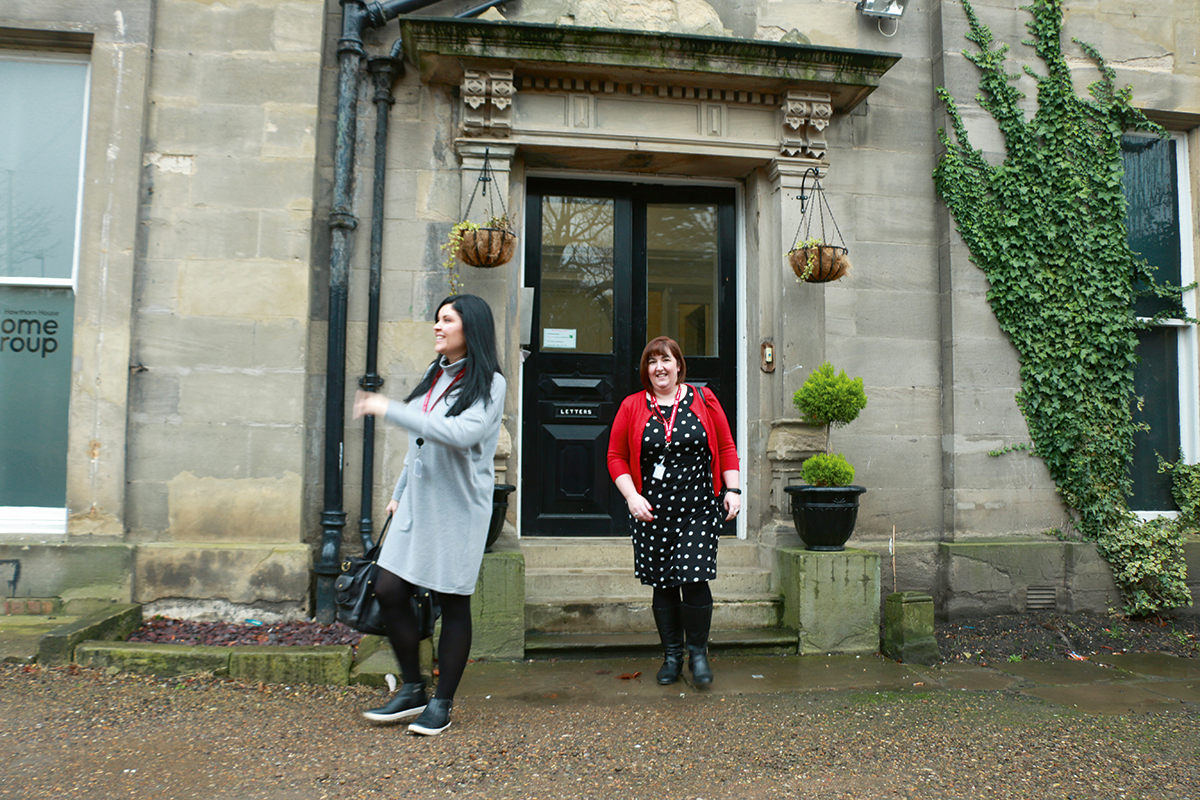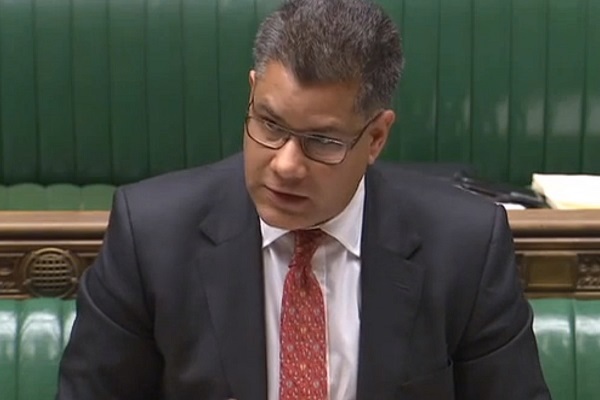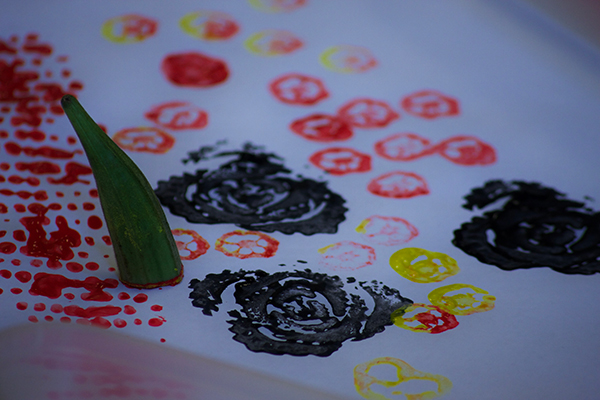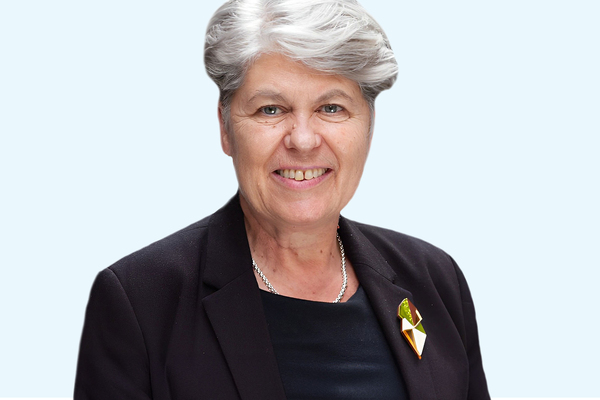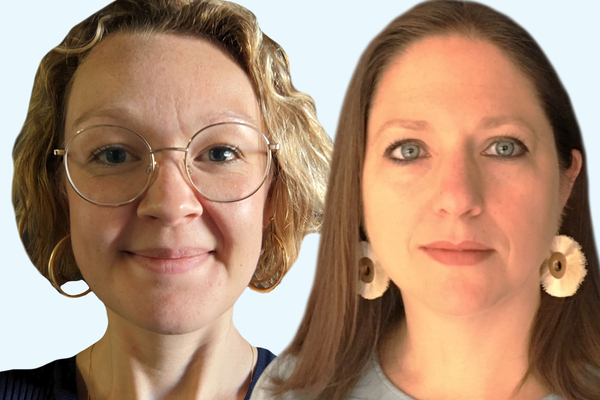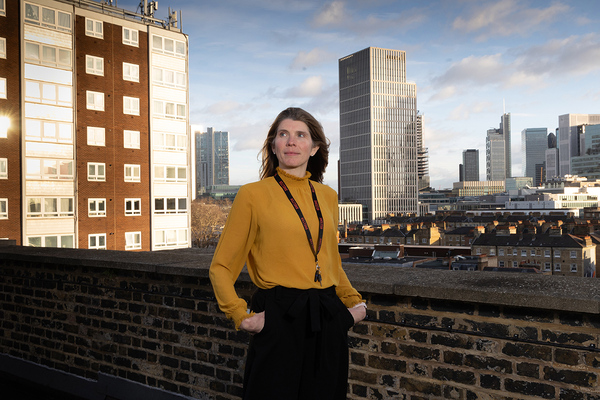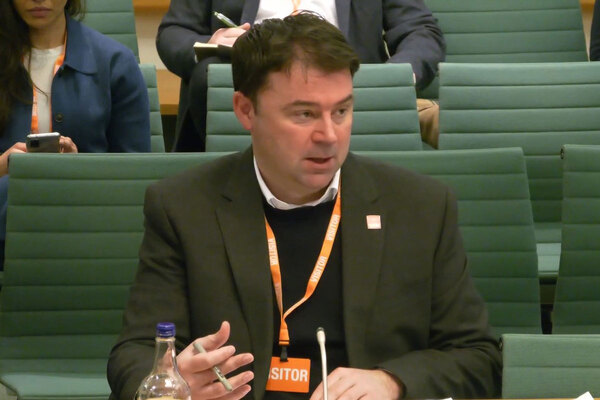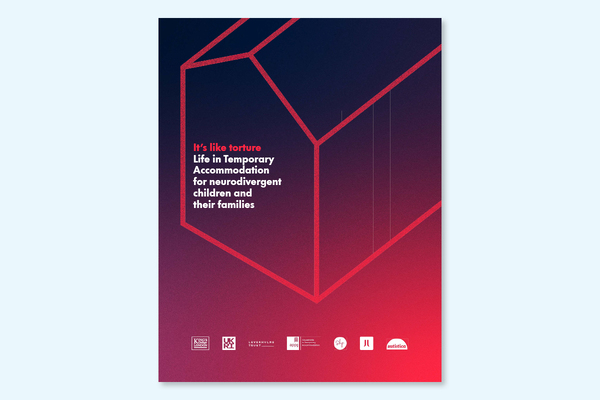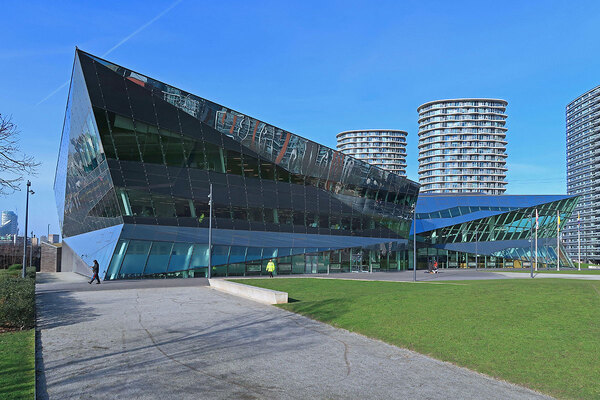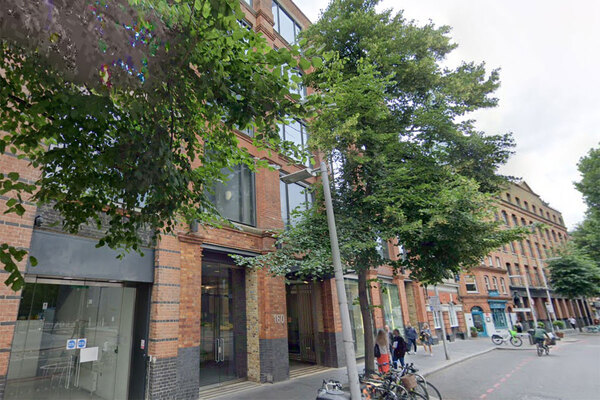No place like home: raising children in unsuitable temporary housing
What’s it like trying to raise a baby in cramped and dangerous temporary housing? Jess McCabe investigates. Illustration by Jonathan Gibbs
How do you teach a baby to crawl? What should be their first food? How do you toilet train a toddler? Should you let your baby sleep in your bed?
These are questions all new parents ask.
But if you’re homeless, finding the answers becomes a lot harder than a quick scan of a Mumsnet thread.
At the end of last year, the latest round of homelessness statistics garnered more media attention than usual – partly because of the number of children counted as homeless in the run-up to Christmas: 120,000.
But what is it really like trying to raise children in temporary accommodation? What is the impact on the lives and development of some of the youngest and most vulnerable residents of this country?
If anyone should know the answers it’s the mums who come to the Magpie Project, a drop-in playgroup-cum-support service, and the volunteers who run it.
Twice a week, in a community centre off Romford Road, an ungentrified high street in Forest Gate, east London, it is a haven for mums with children under five who are homeless, in temporary or emergency accommodation, or insecure housing.
Everywhere young children are happily squealing and running about. A tangle of prams forms near the door. Play-Doh is resting on a table, waiting to be played with. Mums are chatting.
At first glance this scene could be any playgroup in the country. A few details, however, jump out: a young mum is sizing up two winter coats for her two-year-old and a volunteer passes out packs of nappies.
The coats were probably donated by other local mums – once the project’s volunteers find out a specific item is needed, they put a call out to an informal network of Newham mums. The nappies are offered to counter a specific problem.
“We found that mums were taking so long between nappy changes trying to eke out the nappies," Jane Williams
“We found that mums were taking so long between nappy changes trying to eke out the nappies, that we were seeing really, really, sore, sore, sore bums,” explains Jane Williams, who founded the Magpie Project.
Many of the mums here have no recourse to public funds, due to their immigration status.
Placed in emergency accommodation by social services under the council’s ‘Section 17’ duties towards their children, they subsist on £37 a week.
In Newham this is often given in vouchers for the supermarket Iceland – which, devastatingly for mums of small children, locally does not stock nappies or formula. Mums are left to rely on food banks and help from friends; some even use powdered milk or custard instead of formula.
Ms Williams, a governor of a nearby children’s centre, started the Magpie Project after noticing so few of the mums in temporary accommodation locally were accessing their services. They weren’t able to engage with the children’s centre because their most basic needs weren’t being met, Ms Williams says. Among these needs, she says, are “having somewhere to cook, being able to keep themselves and their children clean, feeling safe, and also just having the information or being mentally and emotionally well enough to be able to get through the door at this children’s centre”.
The Magpie Project started as a seven-week pilot with the support of the children’s centre, but was so successful it decided to carry on – although it only has funding to run until April. Staffed by volunteers (an ex-head teacher, a midwife on maternity leave, a health visitor, an artist), the project runs twice a week in a space donated by a local charity. Ms Williams is the only paid staff member, with three days a week covered by a grant from the Stratford Development Partnership. A solicitor from the London Black Women’s Project provides legal help and someone from Shelter provides housing advice.
“The model was, if these mums just have somewhere to go, have a cup of tea, get their lunch, if they can’t get here on the bus [then] we pay their bus fare, and then their children just have somewhere clean and safe and spacious to play,” says Ms Williams.
“These are extreme circumstances, and trying to carry on any kind of parenting is almost impossible.”
Around 25 mums and children turn up to every session. “We’re getting about three new mums every time we open the doors – so that’s a little hectic,” Ms Williams says. Since the project began in June 2017, only eight of those mums have been rehoused – all outside the borough.
Many are stuck for protracted periods in unsuitable housing. “Especially mums who are not housed by housing but are housed by social services, are housed into these hotels that are truly horrifying.” says Ms Williams.
Many are homeless due to domestic abuse and “they’re already traumatised, and they’re already brutalised, and then they’re in this place where it’s noisy all night, there’s aggressive begging in the corridors, it’s filthy, there are drug addicts, there are people with mental health problems, there are people just out of prison – if you’ve got a small child, it’s absolutely terrifying”.
“These are extreme circumstances, and trying to carry on any kind of parenting in that situation is almost impossible.”
Even basics like potty training are a challenge, leading to toddlers being kept in nappies longer than they need to be. “[In] a lot of these places it’s three fire doors between you and the nearest toilet – you don’t know whether it’s going to be accessible, you don’t know whether it’s going to be clean. It’s so difficult,” Ms Williams says.
“And nutrition – we’re finding a lot of difficulties with mums feeding babies because they don’t have access to anywhere to cook. So all of the advice of freshly cooked vegetables is very, very difficult. And mums are in the situation where they either queue to use the cooker for about four hours, with their child with them, or they get a takeaway.
“I think the main thing that we’re trying to combat is the guilt and the stress when everything inside you as a mother is telling you that you have to do all of these things for your child, but you are thwarted in being able to do them by your circumstances.”
The Magpie Project focuses on families with under fives because they are particularly vulnerable and it is a crucial age for child development. Ms Williams points out that it’s impossible to know how many are homeless at this young age because the official statistics don’t track age and can’t differentiate between a newborn and a teenager.
“Once a child reaches five, they are being looked for by schools, by regulatory bodies. Under five, people are not looking for your child. So it’s so easy for a child to get lost in the system,” she explains.
The statistics
The most recent homelessness statistics from September 2017 revealed that 120,000 minors were officially counted as homeless.
When the MP for Tooting questioned Theresa May about this during Prime Minister’s Questions – and specifically the 2,500 homeless children in that borough – Ms May’s response drew cries of “shame” from the opposition.
“Anybody hearing that will assume what that means is that 2,500 children will be sleeping on our streets. It does not. It does not mean that,” said Ms May. “Families with children who are accepted as homeless will be provided with accommodation.”
Whatever the prime minister was trying to imply, the real numbers may be even higher – with many families like those interviewed by Inside Housing for this story being housed under ‘Section 17’ by social services departments. This can happen if families are deemed ineligible for housing because of being ‘intentionally homeless’ or due to immigration status.
Campaigners at Shelter made a Freedom of Information Act request in 2016 and found 1,259 families (or around 4,000 people) in this position. Just under half the women who have attended the Magpie Project are housed by social services.
Diane Walls is a former primary school head and Newham councillor, and one of the Magpie Project’s volunteers.
“The years between birth and five are the most important years in a child’s development, when they learn to speak, to walk, when they start relationships with other children and other adults. When they first learn their place in the world,” she explains. “And once you cut them off from space and other children and a clean, safe environment, you are inhibiting that progress and inhibiting that development.”
But to really understand what that means, you need to talk to some of the mums. Amelia* is relaxing on a colourful playmat while her one-year-old, Rachel, investigates a toy; her two-year-old is concentrating on a nearby train set.
“We’re always happy when we come here,” she says. “At home, you think, think, think, think. Here it is better, you don’t think, you just relax. Watch them play. It is really good. It’s better than sitting at home and thinking, worried.”
"Once you cut children off from a clean, safe environment, you are inhibiting their development,” Amelia
Home for the past year – the whole of her young daughter’s life – has been one room, plagued with mould and with no room at all for the children to play. At first there was only one bed, so all three had to share. Eventually Amelia, who is from Ghana and is waiting for her documents to come through, managed to find a second bed to cram into the room for her toddler.
“When we come they give us nappies. It was very hard for me – I could hardly buy nappies. And when you come here they will give you some and you also get to talk to other mums here. At least you release some stress before you go home.”
“This one,” she says, gesturing towards her two year old, “when we come he will just jump out of the pushchair when he sees the toys because he doesn’t have all these toys at home.”
Alika’s child is the same. When she brings her two toddlers here, “he gets out of the buggy at the bus stop and he runs”, she says. The small family have been moved time and again as Alika’s violent husband has tried to track them down.
Mice were bad and bed bugs left her covered in bites, but the worst was shared accommodation where one of the neighbours smoked cannabis. “[My son has] got asthma – he was coughing constantly. That man didn’t care; I asked him constantly not to smoke. He smokes in his room but the smoke comes out.”
Katya is in a similar situation. As she bounces her 11-month-old daughter on her knee, her face is crumpled with worry. Her voice is shaking.
“It’s actually a really terrible place,” she says, describing the nearby hotel where she has been housed by social services after fleeing her violent husband. “I have pictures.”
On her phone, she scrolls through one photo after another showing mice droppings all over the bathroom, and even next to the bed which she shares with her daughter. No cot was provided for the baby to sleep in, again forcing them to share.
In the hallways going in and out, she has to brave aggressive beggars. “It’s not a safe place for babies. It’s not clean, it’s full of mice.”
One-year-old Rachel puts down a slice of banana and lifts herself up. She takes a few wobbly steps. “She took her first steps here,” says Amelia proudly.
*Names of mothers and children have been changed
Related stories
